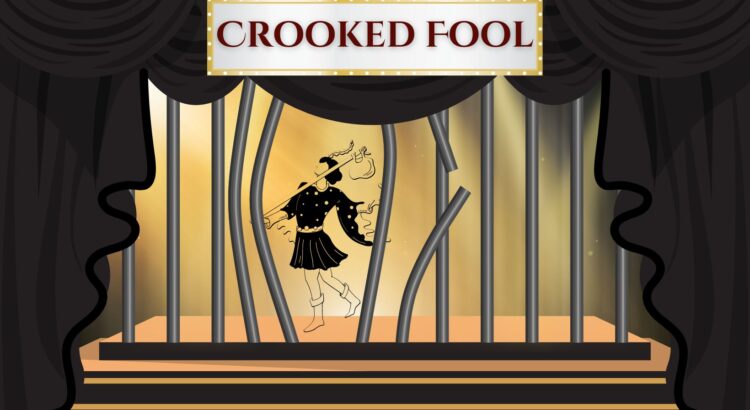When I was younger, I used to insist that the arts were the most effective agent of change. I’ve also heard arguments to the contrary: that the arts may inspire or even change minds, but that they do not by themselves create change, and that, for some, consuming political art without engaging in other forms of activism may serve as a cop out. I don’t disagree that this is a pitfall, but I do still think that the arts play a bigger role in creating change than we often give them credit for.
The intersection between arts and activism (or, as some would call it, “artivism”) has been an interest of mine for a long time. Lately, I’ve been trying to think expansively about the various roles the arts can play in creating change. I’m still not sure that what follows is an exhaustive list, but here’s what I’ve got so far:
Challenging Narratives
We tell ourselves stories all the freaking time. We think up stories about how our day might go and build memories into narratives to understand where we’ve come from. We tell ourselves stories about how the world works and our place within it, what we’re capable of, and how we relate to other people. And the arts are particularly adept at drawing these stories into question.
If the story we tell ourselves is that everything is fine, things will most likely stay as they are. But if we tell ourselves that the ways things are is unjust, then at least some people will want change. In story B there’s at least of chance of change happening.
Maybe a book shows us how a scenario might play out differently, or a movie makes us see ourselves in different roles than those we are used to playing. Maybe there’s a plot twist or an ending we never thought was possible. Collective narratives play a massive role in how we live our lives and what changes we choose to fight for. They can either uphold power structures or call them into question. Under the right circumstances, the arts can poke holes in narratives we may take for granted and help us understand what a different story could look like.
Educating
Whether we’re talking about a play with a clear plot or a painting that captures an artist’s state of mind, the arts can teach us about people, places, times, and ideas that are new to us. Expanding our worldview can call entrenched ways of thinking and being into question and expand our view of what is possible.
Humanizing
Part of what makes a narrative compelling is empathy. We can understand another living being’s experience because we’ve felt those same needs and emotions play through our own bodies. Maybe the circumstances were different, maybe the stakes weren’t as high, but the sensations are familiar. Understanding how a given narrative can cause someone joy or pain can help us better understand the difference between right and wrong. It helps us understand justice and care and why human beings act the way they do in all their complexity.
Inspiring
I think maybe this is the part some folks get stuck on when they say that the arts do not, in and of themselves, create change. But that doesn’t diminish its importance – if we’re going to fight for something we have to believe it’s important. We have to decide it’s worth taking a risk and raising the stakes. We have to see enough beauty in the story being proposed that we decide it’s worth the cost to get there. Maybe inspiration is still a step or two away from change, but sometimes it’s what kicks our butts and into action.
Visioning
What are we moving toward? What is possible? We want something better, but what might it look like? We may be able to name what the injustices are and insist that we want them abolished, but what do we want to build in their stead? Visioning is where we figure out how we’ll actually move into a more just future. It’s where we dive deep into our creativity to think about what could be. It gives us direction and tells us where to steer a movement, and gives us a comeback when those who would preserve unjust systems ask how we can possibly do better.
Healing
Oppressive systems rely on shame. Everyone has to know that whoever is being oppressed deserves it because they’re Bad, Defective, Lazy, etc. We’ve spent our lives being told stories about all of the ways in which we’ll never measure up and how our humanness is wrong. The arts can challenge these narratives, show us how things might be different, and help us picture ourselves in a future where we exist in wholeness.
Again, this is a working list. I’d be very interested to hear if anyone feels there are points that I’ve missed. But at this moment in time, especially, this is how I’m building a narrative for how I understand my role and what I want to accomplish.



Leave a Reply
Be the First to Comment!